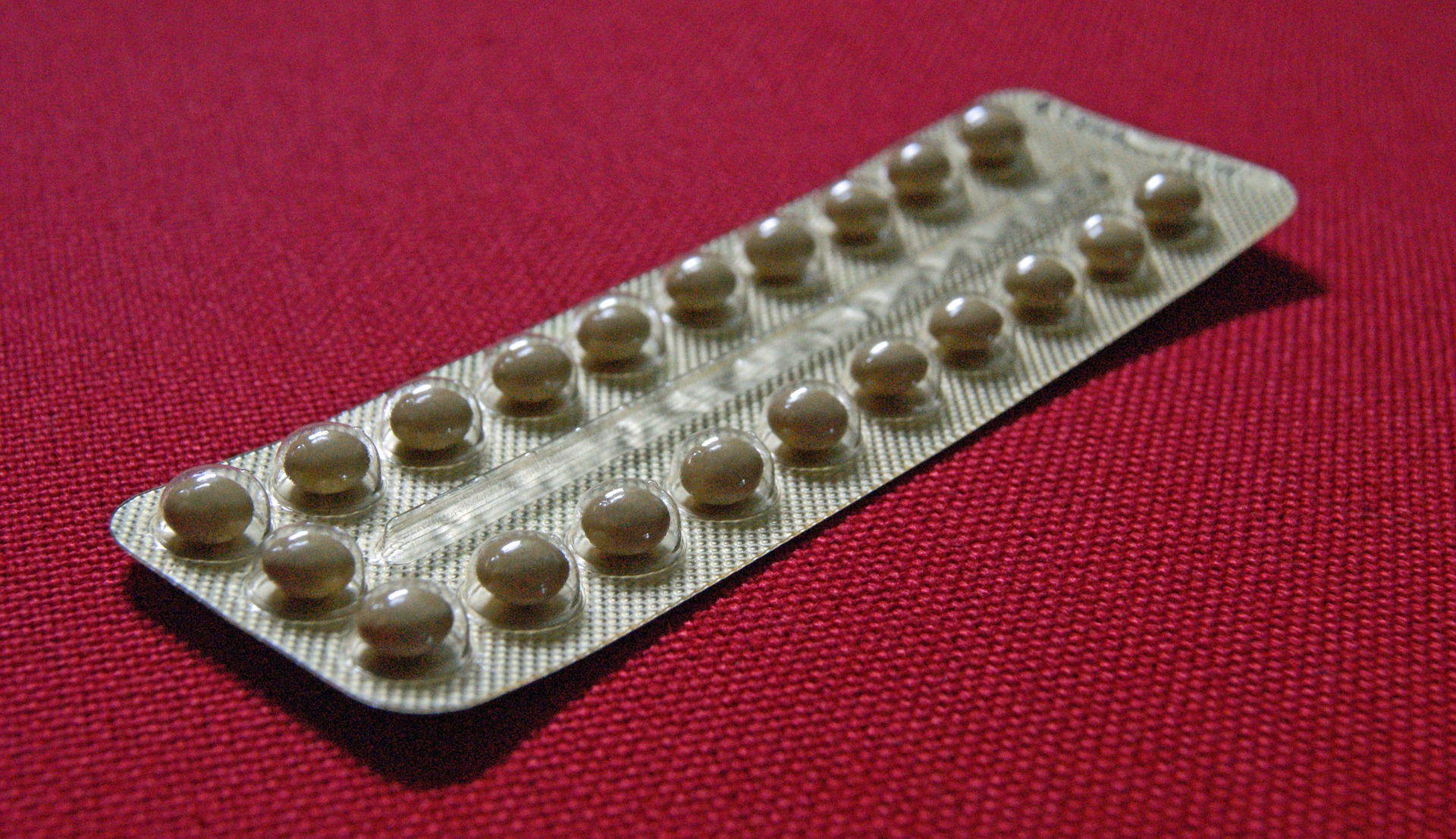
A new study, published in the New England Journal of Medicine, has revealed that online birth control services are safe to use for women.
The study determined that online birth control services do a good job of screening women for health conditions when taking birth control pills. It involved sending seven “secret” shoppers to test the safety of these online service providers.
The research was aimed at addressing concerns over online birth control sites and apps, which enable women to access birth control by simply downloading an app or filling out a form online. Lead study author Tara Jain, a candidate for a joint medical degree and an MBA at Harvard University, said: “Given all the concerns regarding the quality of these companies, they actually appear to be very safe for women to use.”
The concerns were valid as complications from hormonal birth control, although rare, can be serious or life-threatening for women who have certain health conditions such as lupus, migraines with aura, uncontrolled blood pressure or diabetes, or a history of blood clots.
Harvard and the University of California researchers sent seen secret shoppers to buy birth control from nine different online providers, for a total of 63 virtual visits, to determine whether women were being properly screened before receiving birth control prescriptions. Out of the seven secret shoppers, five claimed to have medical conditions that would make taking certain oral contraceptives risky.
Jains said: “Generally, all patients fill out a questionnaire, a doctor reviews it and then writes the prescription when appropriate.” The researchers found that all the providers closely followed from the Centers for Disease Control and Prevention (CDC) prescription guidelines, and asked the same questions that doctors ask during in-person screenings.
However, the doctor interacted with the patient directly, either through messaging, video or a phone call, in only less than a third of the visits.






